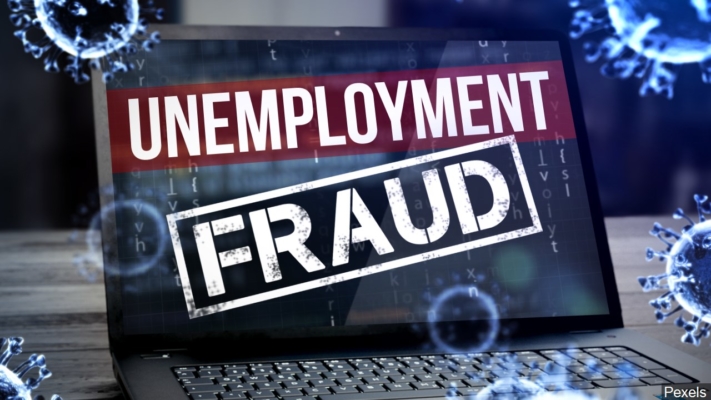The following is from the Federal Trade Commission on the rising unemployment scams and fraud:
In a large-scale scam erupting in the midst of the Coronavirus pandemic, imposters are filing claims for unemployment benefits, using the names and personal information of people who have not filed claims. People learn about the fraud when they get a notice from their state unemployment benefits office or their employer about their supposed application for benefits.
If this happens to you, it means someone is misusing your personal information, including your Social Security number and date of birth. Act fast. Here are steps that can help you protect your finances and your credit:
- Report the fraud to your employer. Keep a record of who you spoke with and when.
- Report the fraud to your state unemployment benefits agency. You can find state agencies here.
- If possible, report the fraud online. An online report will save you time and be easier for the agency to process.
- Keep any confirmation or case number you get. If you speak with anyone, keep a record of who you spoke with and when.
- Visit IdentityTheft.gov to report the fraud to the FTC and get help with the next important recovery steps. These include placing a free, one-year fraud alert on your credit, getting your free credit reports, and closing any fraudulent accounts opened in your name. IdentityTheft.gov also will help you add a free extended fraud alert or credit freeze to your credit report. These make it more difficult for an identity thief to open new accounts in your name.
- Review your credit reports often. For the next year, you can check your reports every week for free through AnnualCreditReport.com. This can help you spot any new fraud quickly.
One other thing: The unemployment payments usually are deposited to accounts the imposters control. But sometimes payments get sent to the real person’s account, instead. If this happens to you, the imposters may call, text, or email to try to get you to send some or all of the money to them. They may pretend to be your state unemployment agency and say the money was sent by mistake. This a money mule scam and participating in this fraud could cause you more difficulties.
If you get benefits you never applied for, report it to your state unemployment agency and ask for instructions. Don’t respond to any calls, emails, or text messages telling you to wire money, send cash, or put money on gift cards. Your state agency will never tell you to repay money that way. Anyone who tells you to do those things is a scammer. Every time.
Contact us if you have any questions.
Recent Posts
The U.S. Department of Labor Announces Proposed Rule To Protect Indoor, Outdoor Workers From Extreme Heat
The U.S. Department of Labor has proposed a new rule aimed at protecting workers from extreme heat hazards. This initiative seeks to safeguard approximately 36 [...]
Supreme Court Overturns Chevron Deference: What It Means for Workplace Safety and Regulation
The landscape of federal regulation is set for a seismic shift following a recent Supreme Court decision. On June 28, in Loper Bright Enterprises, et [...]
Navigating the Compliance Maze: How NARFA Simplifies Employee Benefits for Automotive and Trade Industries
In today's complex regulatory environment, businesses in the automotive, roads, fuel, and related industries face unprecedented challenges in managing employee benefits. Recent studies show that [...]




